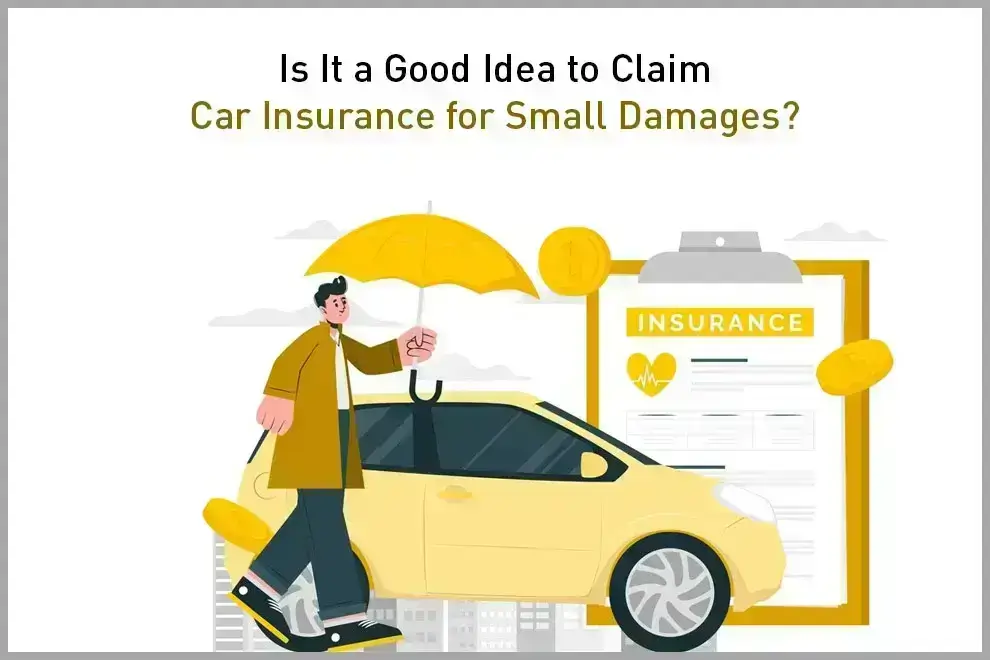Education is an ever-evolving field, always pursuing tools and methodologies that enhance student learning and engagement. Virtual Private Networks (VPNs), typically associated with online privacy and data security, have the potential to offer educators and learners novel avenues of exploration and interaction. Delving deeper, we’ll explore the multifaceted benefits and challenges of a VPN for pc free or paid, can introduce into the academic ecosystem.
What is a VPN?
A VPN offers a connection which is secure and encrypted between a user’s device and the internet. This tool ensures privacy and allows users to bypass geographical restrictions and access content available in other regions.
Integrating VPNs in Classroom Learning: Why and How?
Access to Diverse Educational Resources
Through VPNs, students can acquire internet resources that might otherwise be out of reach. For example, specific scholarly publications and libraries are exclusively accessible in certain countries. Students can effectively access these resources by connecting to a computer in that country via a VPN.
VPNs play a crucial role in helping students overcome barriers set by their educational institutions. Certain websites or applications might be restricted by organizations for security purposes, yet these restrictions can sometimes hinder the learning process. With a VPN, students can navigate past these constraints, ensuring access to the materials necessary for academic excellence. Lastly, a VPN could also help redefine traditional ideas about education and make it fun.
Encouraging Digital Safety
Maintaining anonymity is of utmost importance for numerous students, and VPNs provide a multi-faceted security approach to protect their online actions. As mentioned earlier, VPNs can protect sensitive data and increase the difficulty of tracking online behavior by concealing IP addresses and locations. This anonymity proves to be exceptionally valuable when engaging in online learning activities.
Virtual private networks can thwart any attempts by your ISP to monitor your online endeavors. ISPs present a security concern as they track and sell customers’ online actions to advertisers. VPNs significantly enhance privacy and security by obstructing the ability of ISPs to observe your online activities.
Facilitating Remote Learning
VPNs are especially valuable in remote or blended learning scenarios. Schools can set up private networks to allow students to access resources securely from home or any other location, ensuring uninterrupted learning even during unforeseen circumstances.
Bypassing Censorship
Using a VPN for educational purposes offers numerous benefits, including circumventing regional geographic constraints. Many countries have strict regulations on internet usage, and certain educational institutions may also impose limitations on accessing particular websites. By utilizing a VPN, you can connect to a computer in a different country, enabling you to access these restricted websites. This feature proves particularly advantageous for students studying abroad who require access to specific resources in their host country.
For instance, if a student needs to reach a website inaccessible in China, they could connect to a VPN server in the US. This would allow them to access the website as if they were in the US. This approach offers a swift and effective way to navigate local restrictions and gain entry to materials crucial for their education.
Implementing VPNs in the Classroom: Best Practices
If you’re interested in testing a VPN provider without committing to payment, opting for a $0 plan is an excellent approach. However, it’s essential to recognize that assessing the comprehensive features of a paid service solely based on a limited free plan can be challenging. The free plan often needs more optimal speeds, the most secure servers, and substantial location choices. For a more effective evaluation, it’s advisable to explore whether the paid plan offers a VPN a free trial or a guarantee that allows you to claim your money back after a number of days as this can improve your understanding.
However, investing in a paid VPN is recommended if your priority is a highly secure online experience. Numerous VPNs implement stringent no-logging policies, and some have even undergone external security audits, instilling high confidence in their service. Here are the key factors you should consider to aid in your decision-making process.
Choose a Reputable VPN Provider
With the myriad of VPN services available, choosing one that guarantees high speeds, robust security features, and is user-friendly is crucial. Opting for established names in the VPN industry ensures reliability and consistent service.
Educate about Responsible Usage
While VPNs offer numerous benefits, guiding students on responsible usage is essential. This means emphasizing the importance of not accessing inappropriate content and understanding the legal implications of their online activities.
Regular Maintenance and Updates
Just like any other tech tool, VPNs require regular maintenance. Ensure the software is up-to-date, and conduct periodic checks to confirm it’s functioning optimally.
Ensure Compliance with Local Laws
While VPNs can bypass geographical restrictions, it’s crucial to be aware of local laws regarding VPNs, especially when accessing content from overseas. Educators must be mindful of these rules and ensure they’re not inadvertently encouraging illegal activities.
Integration with Existing Tech Infrastructure
Ensure that the chosen VPN solution seamlessly integrates with the existing technological infrastructure in the school. This might mean checking for compatibility with devices, operating systems, and even other software tools used in the classroom.
Challenges and Concerns
While the advantages are many, there are challenges and concerns educators need to be aware of:
Potential for Misuse
With the ability to bypass restrictions, students might be tempted to access inappropriate or distracting content. It’s crucial to strike a balance between freedom and responsibility.
Performance Issues
Sometimes, using a VPN can result in slower internet speeds. Choosing a high-quality VPN service that maintains optimal performance levels is essential.
Over-reliance
While VPNs can be powerful tools, they shouldn’t overshadow other critical aspects of education. They should be integrated thoughtfully and be one of many tools in a teacher’s arsenal. This is similar to the use of ChatGPT in education, which should always supplement a teacher’s real-time answer and not replace it.
Evolving the Educator’s Role
With the introduction of tools like VPNs, an educator’s role evolves from being a sole source of knowledge to a guide that navigates the vast digital universe with their students:
Ongoing Professional Development
As with any technological tool, teachers and educational staff must receive regular training to understand the ever-evolving nuances of VPN usage, its potential, and its pitfalls.
Promoting Ethical Digital Literacy
Beyond teaching subjects, educators have a new responsibility: instilling ethical digital literacy. This involves guiding students on how to use tools like VPNs ethically, responsibly, and safely.
Fostering Open Conversations
Teachers should encourage open dialogue about the challenges and temptations of unrestricted internet access. By understanding student perspectives, educators can better guide their charges.
While VPNs offer a tantalizing promise of global classrooms and unbridled access to information, they come with unique challenges. It’s up to educators, policymakers, and tech providers to collaborate and ensure that the integration of VPNs into education is beneficial, ethical, and in the best interest of student growth and safety. The road might be complex, but the potential rewards for enriched education are immense.
ALSO READ: Top 10 EdTech Companies in 2023










